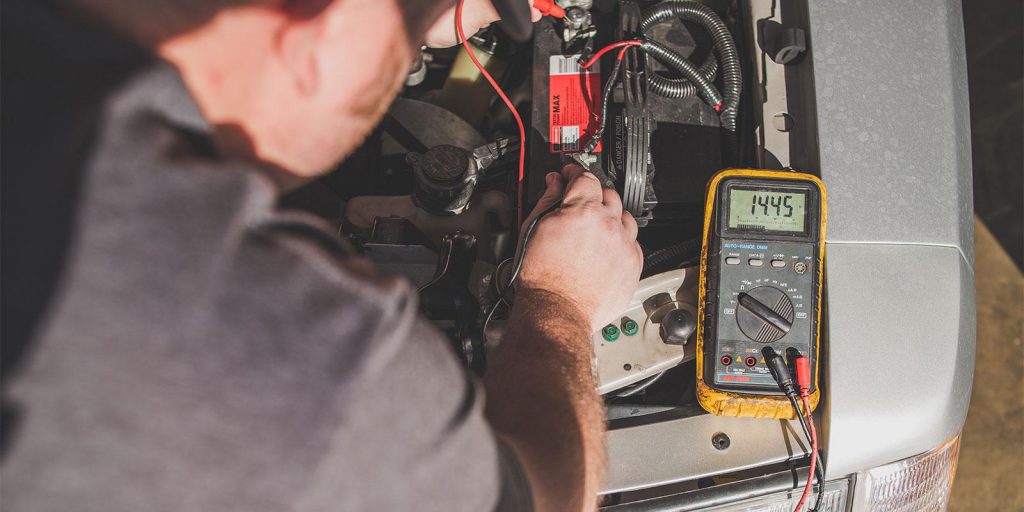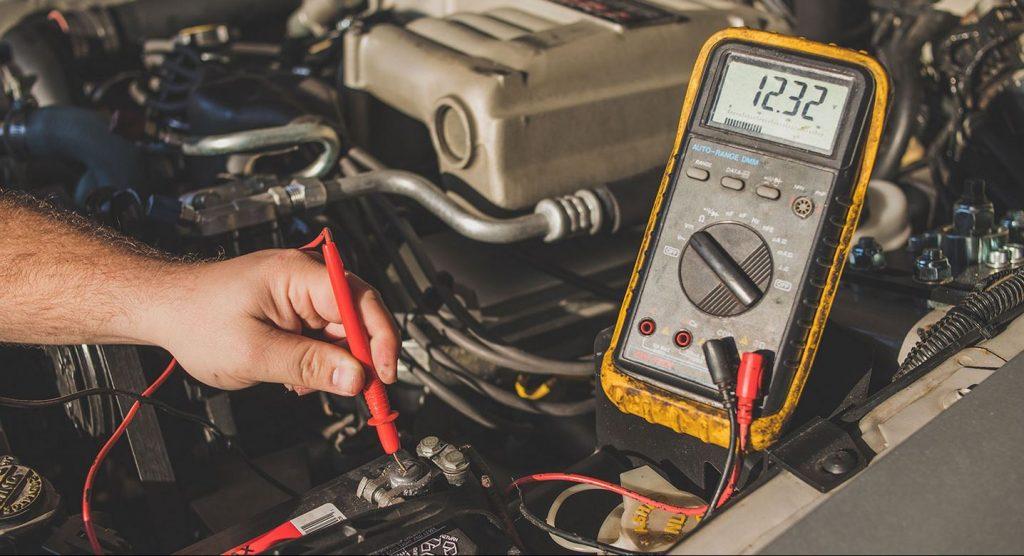The alternator is a vital component in your car. Using engine power, it recharges your battery and keeps the battery from losing its charge and eventually dying. It also delivers power to your car’s electrical components such as headlights and GPS systems. But how long do alternators last from the time when the car is new? What factors contribute to this important component’s longevity?
The alternator is an auto part that needs your regular attention since if it goes out, you may not be able to start your engine. If your alternator is failing, there’s a good chance that you’ll need to replace it. Learn how long alternators last, what affects their lifespan, when to replace them, and other maintenance tips.
Contents
What Contributes To The Alternator’s Lifespan
An alternator produces alternating current (AC) as opposed to the generator on older vehicles, which produces direct current (DC), hence its name. Cars with an alternator use a diode pack to convert the AC power to DC power, which is what the car’s electrical system components require to operate.

The alternator’s major role is keeping the battery from losing its charge and eventually dying because when the battery dies, all the electrical components in your vehicle do not get the power to operate.
Decades ago, the alternator didn’t have to do much more than just power your headlights and a few basic electrical accessories like your radio. In contrast, modern vehicles today are fully equipped with a multitude of accessories.
GPS navigation systems and entertainment systems, for instance, use up a lot of power, and in addition, you probably also have onboard navigation, power windows, power mirrors, and perhaps even heated seats. All these extras together consume a lot of power from your alternator.
In short, your alternator works all day, during the entirety of your trips. The more electrical power you consume with all these accessories, the more your alternator has to work and thus, the shorter its lifespan.
Read more:
- Guide To Jumpstarting A Car With A Bad Alternator
- How To Troubleshoot Alternator And Charging System Problems
How Long Do Alternators Last
Generally speaking, depending on whether you service your vehicle with proper and regular maintenance, you can expect the average life of an alternator to fall anywhere between 40,000 and 100,000 miles.
Many factors can affect the life of your alternator, so it is difficult to say with confidence how long you can expect it to last. However, the alternator will not usually last the life of your car, though.
For one thing, the alternator’s rotor spins on a needle bearing, and this is a component that is prone to breaking due to wear, or a buildup of dirt. The diodes in the voltage regulator can also fail. In addition, the engine’s heat puts tremendous strain on the alternator, as with other components under the hood of your car.
Read more:
- Why Battery Light Is On But Alternator Is Charging And What To Do
- Most Common Loose Alternator Belt Symptoms
Can I Drive With A Dying Alternator?
Technically the car can still run but only for a short while, since it is strictly only using the power stored in the battery. You may be able to get a quick jumpstart from a friend or helpful passerby with jumper cables, but the car won’t last very long with a dying alternator.
It’s also extremely dangerous to drive this way. Because a car with weak electrical power doesn’t have enough “food” to feed many necessary components to function to get it running. Remember that a bunch of other important parts of a car consume power as well: headlights, brake lights, interior lights, engine control unit (ECU), and more.
Even if you’re lucky enough to avoid accidents, you will likely find yourself stranded in the middle of the road from a dying alternator. If alternator problems manifest on the road, especially during a long drive, your safety goes out the window. You should test the alternator and along with it the battery at regular intervals, say every 4-6 months.

Once you encounter one or more of the telltale signs below, you should try and make it to an auto repair shop immediately.
Signs That Your Alternator Is Wearing Out
Below are the most common symptoms of a failing alternator:
- Warning light on dashboard: Typically this light is shaped like a battery, or in some cases denoted “GEN” (for “generator”) or “ALT” (for “alternator”);
- Dim headlights. This is because headlights and other parts that use electricity will not have enough “juice” to function normally;
- Interior lights: the dashboard gradually dims while the car’s running;
- Loss of power to various electrical accessories, such as the air conditioning unit, when your car is idling
- A buzzing radio noise through the speakers. This is a signal that the alternator diodes are not in good shape and are leaking energy to the wrong places.
- You hear a squealing sound coming from the front of the car when the engine is running;
- Slow cranking;
- The car doesn’t start at all.
Watch more:
Alternator Maintenance
If you are encountering these problems, troubleshoot immediately. Follow this guide on how to test an alternator in under 10 minutes at home to ensure hassle-free driving. After all, there is no point in finding out how long alternators last without looking for ways to maximize their lifespan. And it is much easier and cheaper than you might think.
There are several ways to test the health of your car’s alternator. One way is to use a multimeter, another common way is to use a digital voltmeter. The multimeter measures a number of different electrical properties, including voltage, current, and resistance, while the voltmeter is used to measure electrical output. Both can be found at almost any auto parts or electronics store and typically cost between $10 and $20.

An important note when testing the health of your alternator is to always test the battery first. To test an alternator, you must test the battery first. This is because the battery gets the car started; when the car runs it spins the alternator and this spinning keeps the battery charged. If the battery is too weak, it will not get the car running and thus any later test to check the alternator will be useless.
Among the above symptoms of a failing alternator, if slow cranking only happens first thing in the morning, the battery is likely the problem. Meanwhile, if the slow-starting issue happens when the car has been running, that is when the engine is hot, the alternator is more likely to be the culprit.


